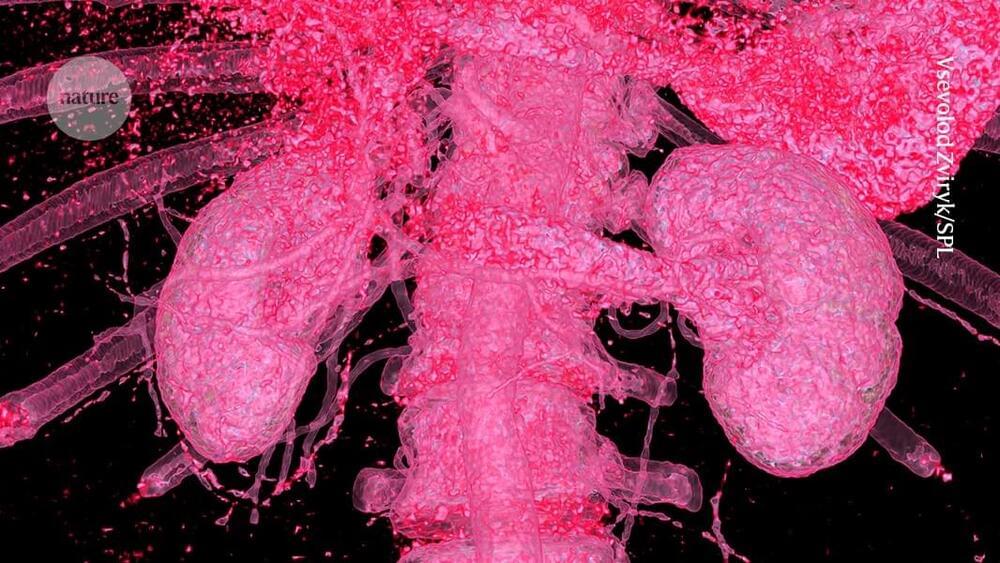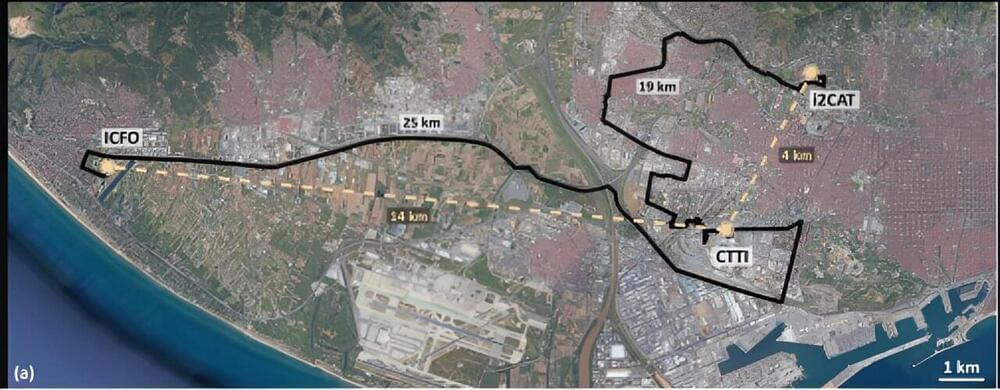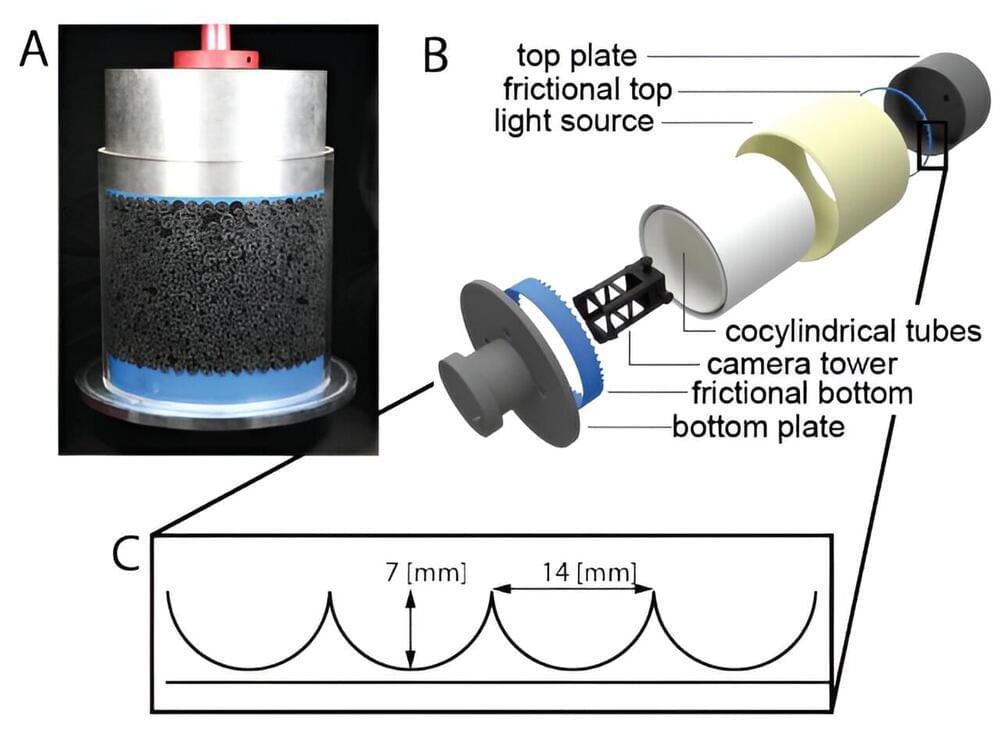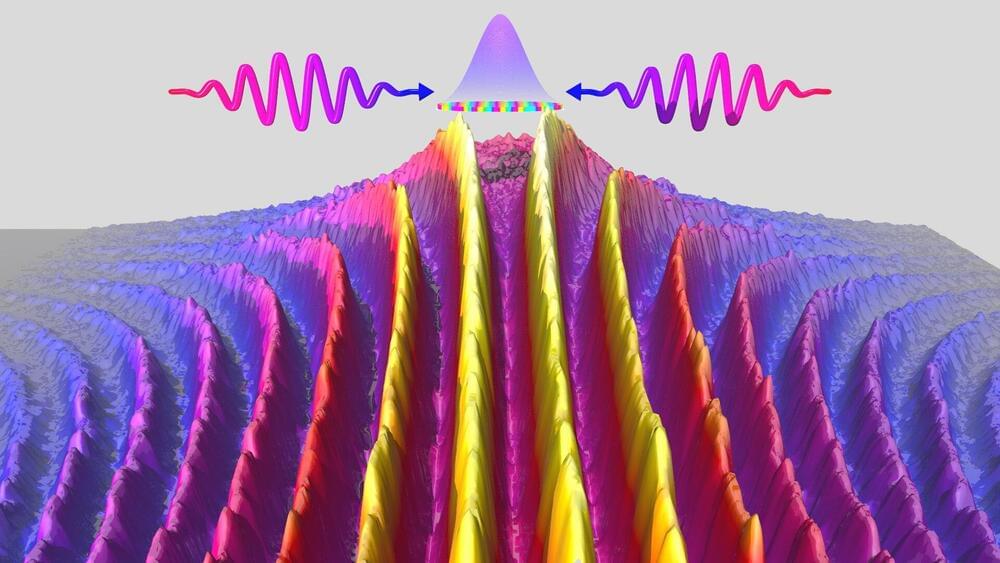Researchers at Tel Aviv University have developed a new treatment course for patients with metastasizing breast cancer, using medication already on the market.
Based on tissue samples from American and Israeli patients and using an animal model, the researchers from the Faculty of Medical and Health Sciences showed that a combination of existing drugs can hinder the spread of cancer to the bones, thereby improving the chances of survival.
More than 75 percent of patients with metastatic breast cancer see it spread to the bone.
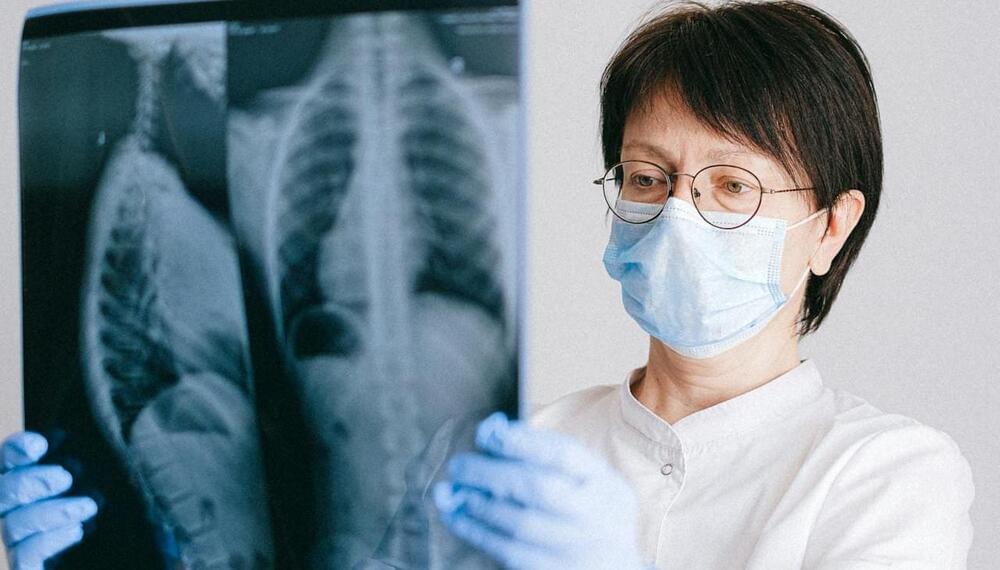
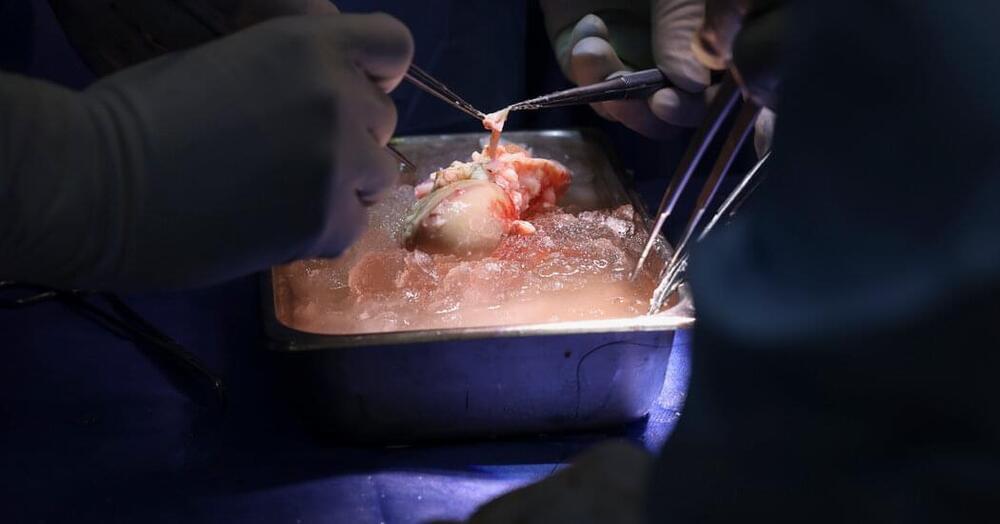
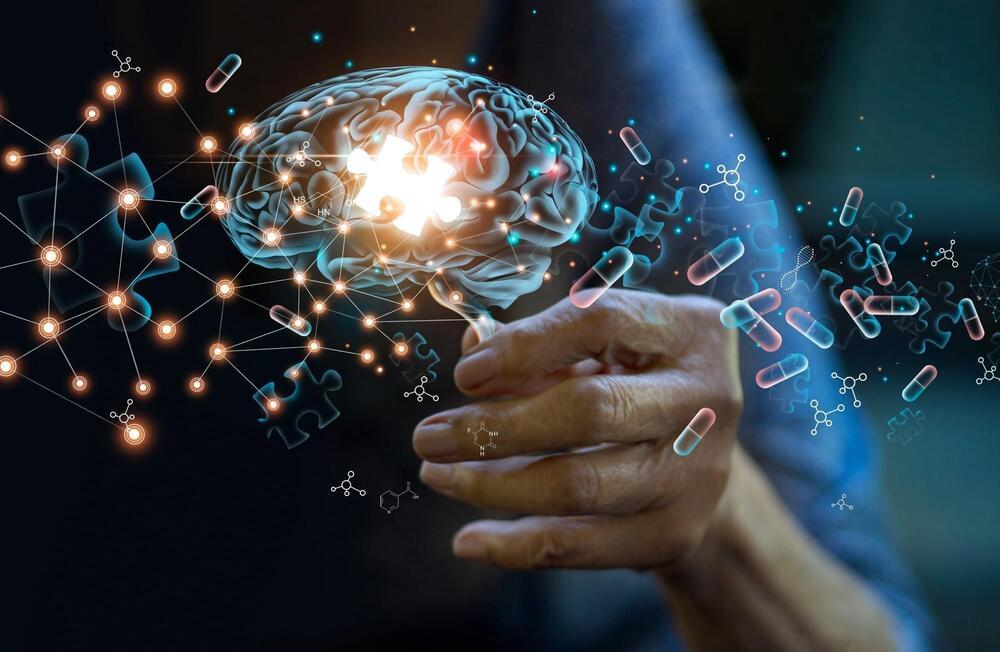
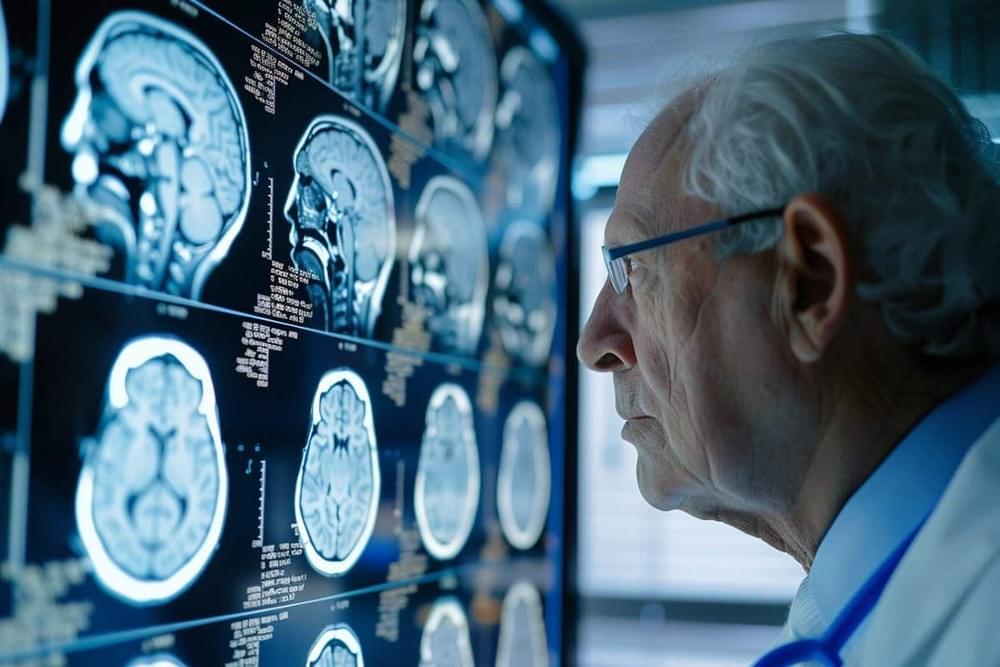
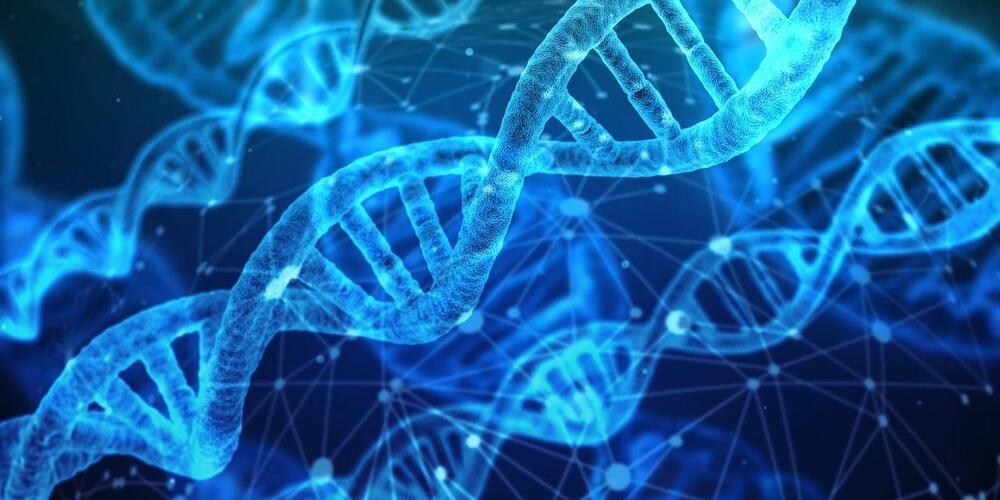
 עברית (Hebrew)
עברית (Hebrew)